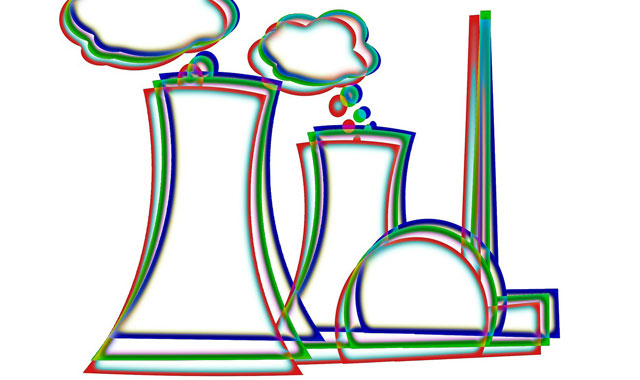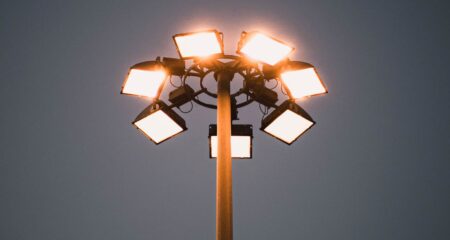
South Africa has delayed plans to build new nuclear power plants over concern about their cost and the waning demand for additional electricity as economic growth stalls.
Under a new timeline, the first nuclear power is expected to come on stream in 2037, with a total 20,4GW of nuclear energy added to the national grid by 2050, according to the “base case” scenario outlined in a presentation on the department of energy’s updated Integrated Resources Plan.
The proposal, released in Cape Town on Tuesday, also estimates as additional 37,4GW of power from wind, 17,6GW from solar plants, 35,3GW from gas and 15GW from coal by 2050.
The government previously said it wanted to generate 9,6GW of energy from as many as eight reactors that should begin operating from 2023 and be completed by 2029.
Price estimates had ranged from US$37bn to $100bn (R520bn to R1,4 trillion).
While President Jacob Zuma has championed the nuclear programme, the national treasury has cautioned that the country may be unable to afford new reactors at a time when the economy is barely growing and the budget deficit needs to be curbed to fend off a junk credit rating.
“Gas and renewables forms the biggest chunk of installed capacity by 2050,” the department of energy said in the presentation. “There is significant reduction in installed capacity from coal.”
The department, which has invited public comment on the proposals, also outlines two alternative scenarios that make different assumptions about costs, carbon emissions and the nation’s ability to generate additional renewable energy.
One envisions 25,8GW of nuclear power added to the grid between 2026 and 2049, while the other sees the production of 5,4GW of new atomic power coming on line starting in 2037.
The energy plan will be refined in March next year and then submitted to the cabinet for final sign-off.
Eskom, the state-owned utility, has said it could use the more than R150bn it will accumulate in reserves within 10 years to build new reactors. The utility operates Africa’s only nuclear power plant — the 1,8GW Koeberg facility near Cape Town, which began operating in 1984.
Rosatom, Areva, EDF, Toshiba’s Westinghouse Electric unit, China Guangdong Nuclear Power and Korea Electric Power previously expressed interest in building new reactors in South Africa.
South Africa experienced power cuts for about 100 days last year, as demand exceeded supply. Energy shortages eased as new generating capacity was bought on line, maintenance backlogs were addressed and a stagnating economy curbed power demand. — (c) 2016 Bloomberg LP




